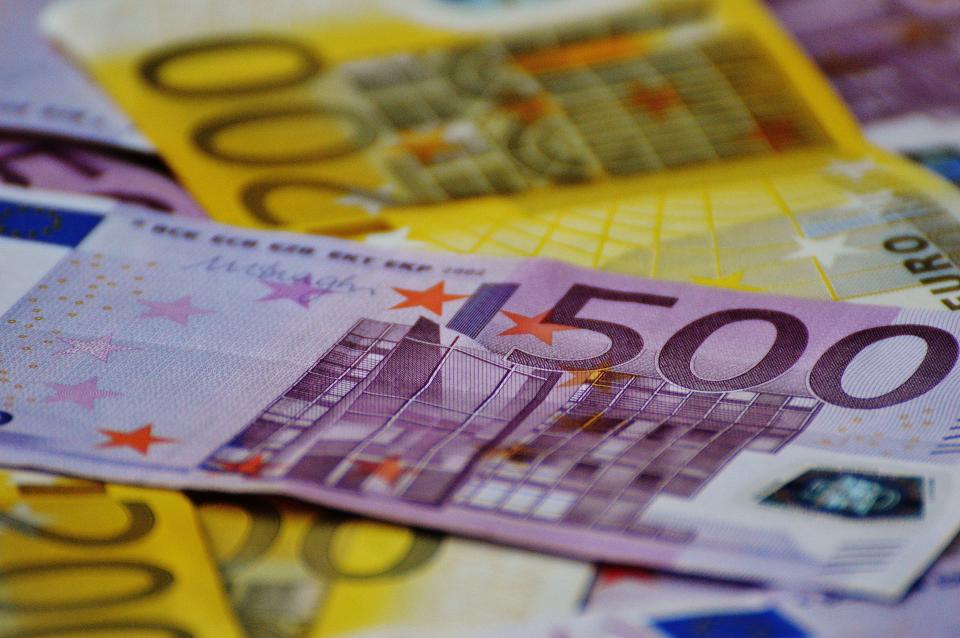Local Currency
Ever wonder what these funky symbols actually mean? While they do make handy substitutes for swear words (For example, "I wish I knew what those D@¥€ symbols meant!"), they actually have a more important purpose. These symbols represent the money used in other countries and regions. € = the Euro, £ = the British Pound, ¥ = Japanese Yen, and $ = Australian Dollar (there are several countries around the world that call their currency the Dollar and use the $ symbol).
Exchange Rates
An exchange rate is how much a U.S. Dollar is worth in another country's currency.
In some countries, your money may be worth the same with one U.S. Dollar equal to one unit of the local currency. In other countries one U.S. Dollar may be worth more or less than one unit of local currency. For example, one U.S. Dollar may be worth 6 Chinese Yuan but only .5 British Pounds.
Tips:
- Exchange rates can vary day to day and depend on many factors.
- Use websites like www.xe.com or www.oanda.com/currency/converter for quick and painless conversions.
- To know if something is too expensive, keep a few simple conversions in your head, like what 1, 20, or 100 Euros would be in U.S. Dollars.
How to get Foreign Currency
Once you find out what currency you need, you'll want to get some cash.
You can buy the currency at your local U.S. bank or travel vendor (like AAA) before you go. To buy the currency, you'll give the bank or travel vendor your U.S. cash, and they'll exchange it for the appropriate amount of foreign currency. You may need to order the currency in advance and it can take a couple of days for it to reach your bank so don't wait until the last minute to buy currency. Older family members and friends may recommend buying traveler's checks...don't! They’re nowhere near as popular as they were a couple of decades ago.
You can also buy foreign currency at a cash exchange booth at your U.S. departure airport or at the arrival airport in your host country. This option is often the easiest, BUT the exchange rate is often worse than you’ll get at a bank and the fees to change your money are higher. Many airports have a Travelex booth, but you can also visit www.travelex.com to get your cash beforehand, and even have it put on a currency card.
You can withdraw cash from an ATM in your host country. Talk to your bank before you leave the USA to make sure your card will work abroad, find out what fees may be added for international withdrawals, and what the maximum amount of cash is you can withdraw on a single visit. It’s often better to withdraw larger amounts of cash - if you can keep it in a safe place - to reduce the amount you have to pay in fees each time you withdraw money. Some U.S. banks, such as Bank of America, Citi Bank, and HSBC have branches in other countries that don't charge any fees to use - so ask your bank before you go.
Leftover Currency

Having a few leftover coins or bills make for great souvenirs from your time abroad. But if you have a good number of bills left at the end of your program, be sure to spend it down before you leave the host country, or exchange it back in for U.S. Dollars when you get home. Remember...the exchange rate could be different from when you first exchanged your money.
